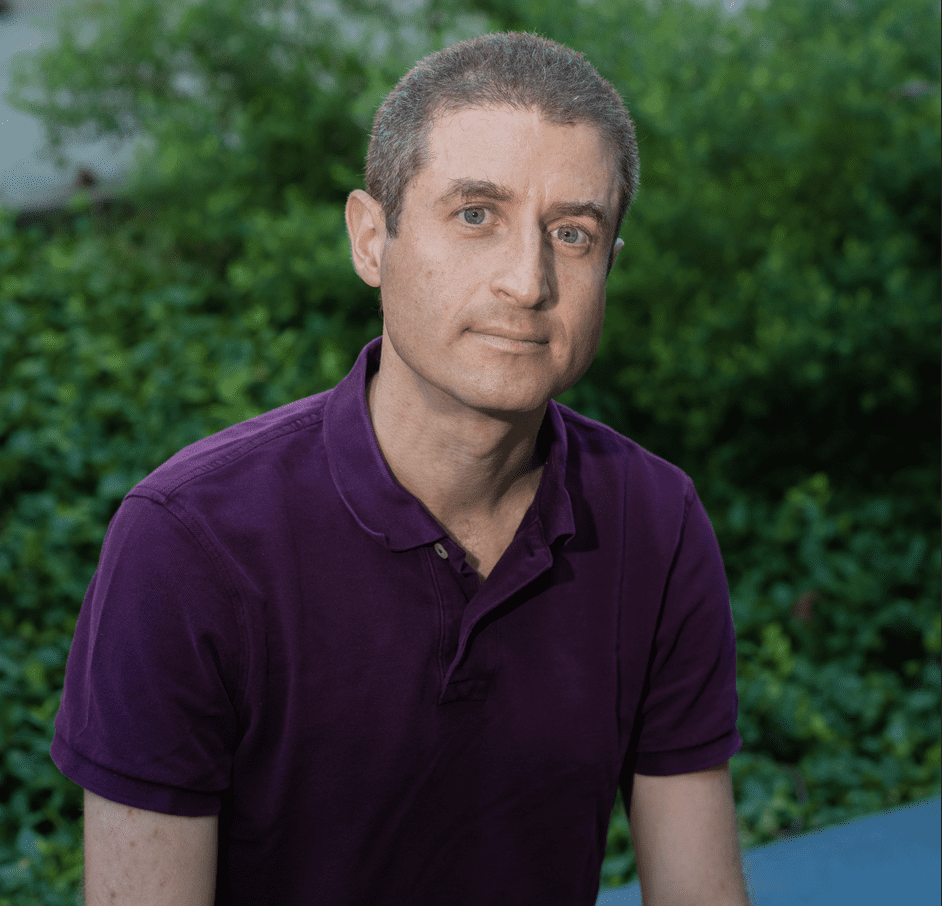Search Posts
Recent Posts
- Out and About in RI: Former Pawtucket Mayor Henry Kinch Tribute in Photos June 24, 2025
- Rhode Island Weather Forecast for January 24, 2025 – Jack Donnelly June 24, 2025
- ART! Mark Freedman, first featured artist of Summer Art Shows at Charlestown Gallery June 24, 2025
- The Bellevue Hotel: Procaccianti Co. New Luxury Boutique Hotel Set for Newport’s Iconic Bellevue Ave June 24, 2025
- Mike Stenhouse, CEO of RI Center for Freedom & Prosperity, named into College Baseball Hall of Fame June 24, 2025
Categories
Subscribe!
Thanks for subscribing! Please check your email for further instructions.

MacArthur “Genius Grants” awarded – includes first Rhode Islander in 11 years – Jesse Shapiro.
Shapiro, a professor of economics, won $625,000 in no-strings-attached funds to advance his innovative research using data to understand and confront complex social issues.
The MacArthur Foundation has named Jesse Shapiro, a professor of economics at Brown University, one of 25 MacArthur Fellows from across the nation for 2021.
The fellowship’s financial award of $625,000 over five years will advance his efforts to confront complex social issues through his research. Shapiro, an applied microeconomist who joined the Brown faculty in 2015, has become expert at assembling disparate pieces of evidence — from new and historical data to qualitative findings — to address a wide variety of pressing problems, including political polarization, media bias and recidivism.
“Part of what got me excited about becoming an economist is the huge range of problems to which economics and data analysis can be applied,” he said in a video produced by the MacArthur Foundation, noting that he focuses on problems that have implications for public policy. “I think a fundamental premise of social science is that by better understanding our social world, we can figure out ways to make things work better.”
The MacArthur Foundation selected him for his bold approach to advancing understanding of major societal problems and for his eclectic range of research interests.
“Focusing on a variety of important questions of our time, Shapiro is advancing our understanding of the efficacy of public policy interventions and clarifying the forces contributing to the increasingly entrenched political polarization of American communities,” read a Tuesday, Sept. 28, announcement from the foundation.
Often dubbed the “genius grant,” the prestigious MacArthur Fellowship is awarded to just 20 to 30 people each year. Among this year’s awardees are writers, scientists, artists, humanists, teachers and entrepreneurs. The foundation chooses fellows from recommendations from external nominators across a vast breadth of fields who draw on their expertise to recommend creative, innovative leaders who may be on the precipice of a great discovery or a game-changing idea.
According to the foundation, the fellowship funds come with no strings attached and are intended to “encourage people of outstanding talent to pursue their own creative, intellectual and professional inclinations… They may use their fellowship to advance their expertise, engage in bold new work, or, if they wish, to change fields or alter the direction of their careers.”
Shapiro, who uses rigorous statistical methods and novel data to answer questions that are important for public policy and society, said the fellowship will enable him to boldly explore a wide array of timely, relevant subjects in his research, even if the prospects for that research are uncertain.
“A very important part of my work is taking intellectual risks and working outside my comfort zone,” Shapiro said. “In light of the fellowship, I hope that I’ll be able to continue to take risks and be willing to fail — though hopefully not too often!”
In the short term, he said, the funds will support research on topics such as political polarization, trends in cognitive skills and the structure of advertising markets.
Among previous research achievements, Shapiro has measured the political slant of American news coverage and gauged how partisan speech contributes to political polarization. In these studies, he and his collaborators employed computer programs to analyze Congressional debates and speeches for partisan, politically charged phrases.
To measure political slant in news coverage, the researchers looked at more than 400 newspapers and their use of those party-specific phrases, in tandem with data on circulation and political views among readers, to learn the economic basis for newspapers’ political slants. Shapiro and his co-author found that slant correlated most strongly to readers’ political views rather than to factors such as newspaper ownership.
In a separate study on polarization, Shapiro and two coauthors found that the language used in one minute of political speech in 2007 can correctly identify the speaker’s party affiliation 83% of the time, up 28% from 1990 — an effect the researchers attribute to the increased role of talking points and media consultants after the Republican Party’s 1994 Contract with America.
He has also studied industrial organization, political economy, behavioral economics, and the effect of the food stamp program (SNAP) on household food spending, nutrition and well-being,
Prior to joining Brown in 2015, Shapiro was a professor of economics at the University of Chicago Booth School of Business. He earned a bachelor’s degree in economics in 2001 and a Ph.D. in economics in 2005 from Harvard University. He is a research associate at the National Bureau of Economic Research and a former editor of the Journal of Political Economy.
Shapiro was a 2011-12 Alfred P. Sloan Research Fellow and a Presidential Faculty Award winner at Brown in 2016.
Past RI Winners:
The last time a Rhode Islander was named a MacArthur Foundation Genius Grant winner was in 2010 when two awardees were named – Nicholas Brown, a stone carver from Newport, who was born in Rhode Island – and Sebastian Ruth, a violist, violinist and music educator from Providence.
